1. Bees - perfect pollinator:
What did you have for breakfast today? Jam on toast? Fresh fruit? Dried fruit in your muesli or some grilled tomatoes with your fry-ups? Maybe fruit juice or coffee?
It was all brought to you by the bees. Thinking about bees provides us with just honey - but in fact, we eat most foods, including most fruits and vegetables.
Bees are important to our economy - without them, pollinating our crops would cost UK farmers £ 1.8 billion per year. In a world without bees, it would cost too much to produce our food and harm our economy.
2. Bees are required in a healthy environment:
When was the last time you saw a bee buzzing around some flowers? You might find them attractive or annoying - either, bees are incredibly important. They pollinate gardens, parks, and extensive rural areas, including more than three-quarters of the UK's wildflowers. Bees are a sign of how healthy our environment is, what is otherwise.
3. Bee-friendly places are also good for us:
Good places for pollinators are also good for people. We provide various beekeeping, natural green spaces, and essential commodities for such spaces, such as clean air and water. They are important if we are going to cope with a changing climate - natural places absorb excess water and heat and can offer cool shade.
4. Bees in Culture:
From Shakespeare to JK Rowling, pub signs, and city names to phrases such as beehive hair-dos to "having a bee in your bonnet" - the bee has been a star for centuries. Pliny referred to honey as "the sweat of the sky and the saliva of the stars", while Chaucer was one of the first to use the phrase "busy as a bee".
Bumblebee has always been a source of special delight due to its special features and lovely bottom. Mr. Bumble in Oliver Twist and Dumbledore (a Cornish word for bumblebee) in Harry Potter corresponds to his name.
Bees have also historically been recognized as beneficial insects by many faith communities. Read more about bees and religion about how faith groups can help bees and pollinators.
5. Different Bee Species:
The honey bee is possibly the most famous bee, but more than 270 species of bees have been recorded in Great Britain. Honey bees and bumblebees live socially, headed by a queen, and serviced by male drones and female worker bees.
Solitary bees are small and their family unit is made up of a single pair. Although many solitary bees can be found in one area, they work alone. Bumblebees are distinguished by their large furry body and species include the dark-yellow striped garden bumblebee and the red-tailed bumblebee. Solitary bees include mason bees, leaf-cutter bees, and mining bees. The wool-carder bee extracts hair from the plants to weave its nest, while the red mason bee lives inside the trunks and holes of wooden hollow plants.
6. Without bees, we are in trouble:
The outlook for bees is quite bleak right now - and the decline in their numbers is a sign of the plight of the natural world. Across society, we often observe nature and what it does for us. The truth is, if we want an economy that meets the needs of everyone in the long term, then we need to take care of our natural environment. Our politicians need to understand the importance of protecting the natural world - and protecting bees as key players in it. We are optimistic that we can make a difference - see what you have already helped us achieve so far.
7. Bees and Neonicotinoids:
There is now overwhelming scientific evidence that neonicotinoids harm bees. Neonicotinoids are a group of pesticides commonly used in UK farming. The European Food Safety Authority (EFSA) declared in 2013 that they gave bees an "unacceptable risk", leading to temporary restrictions.
And in April 2018 the entire European Union countries - including Britain - voted to ban the external use of 3 bee-pesticides. We want the UK government to impose any sanctions on EU sanctions after bee-pesticide Brexit.
Together we can ban pesticides that harm bees so that bees can thrive.
8. Easy Ways to Help Bees:
You can make a big difference where you live by doing some simple tasks.
By planting nectar-rich flowers, bees will actually need their food. Choosing local, British honey will support our honey bees and their beekeepers. Encouraging your friends and neighbors to do so will help create bee-friendly communities.
Bees are important in rural areas, but they are also essential in the city. A movable window box is of great value in the middle of the urban jungle. An entire building covered in window boxes is even more useful and looks fantastic.
Thanks for reading our article:

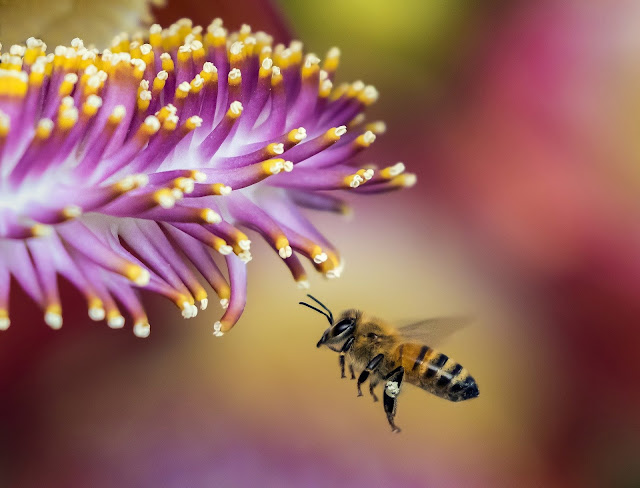
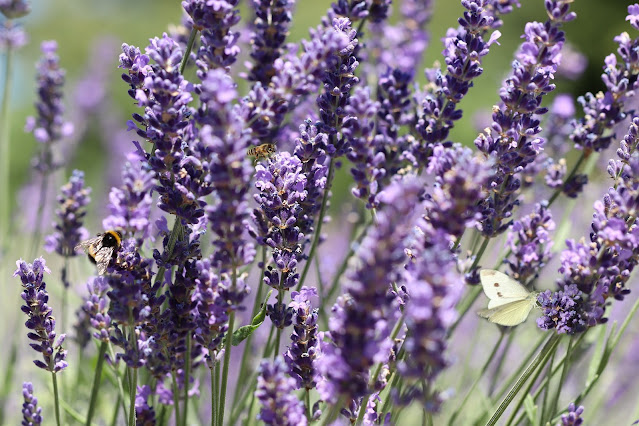
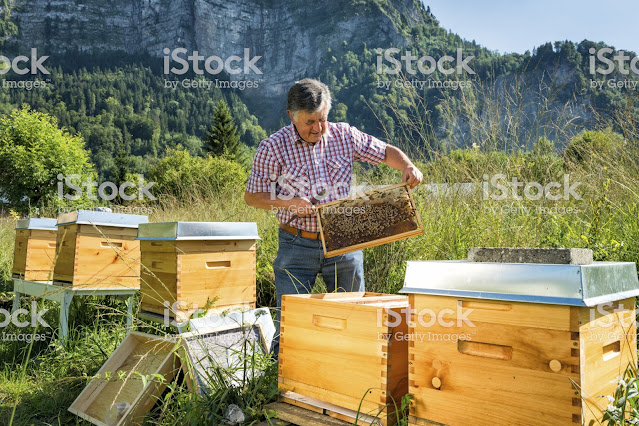
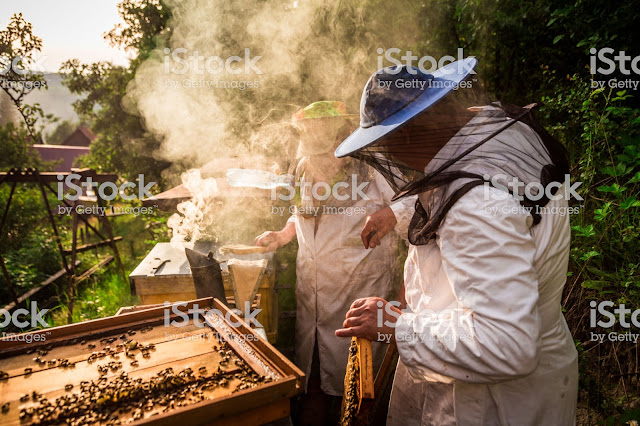
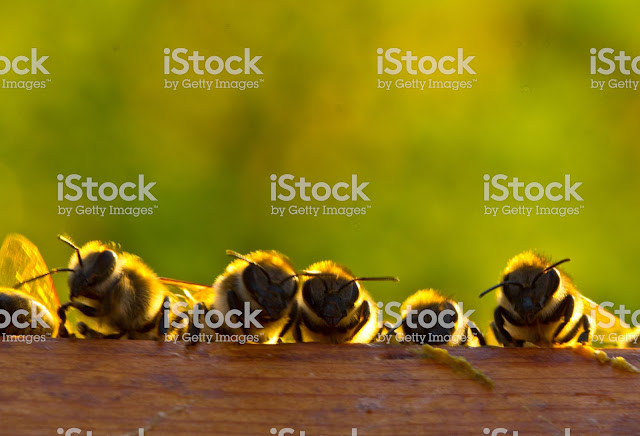
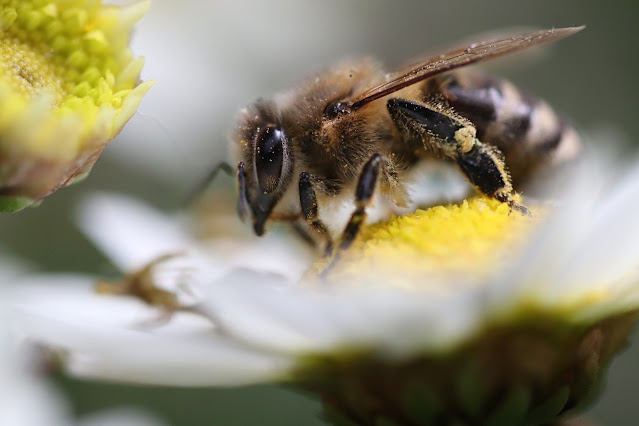
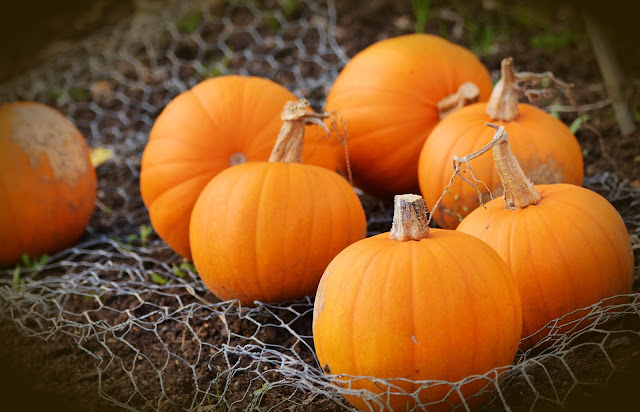
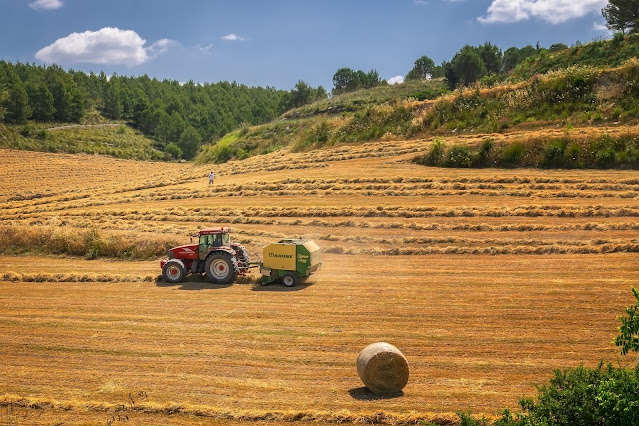




0 Comments:
Post a Comment